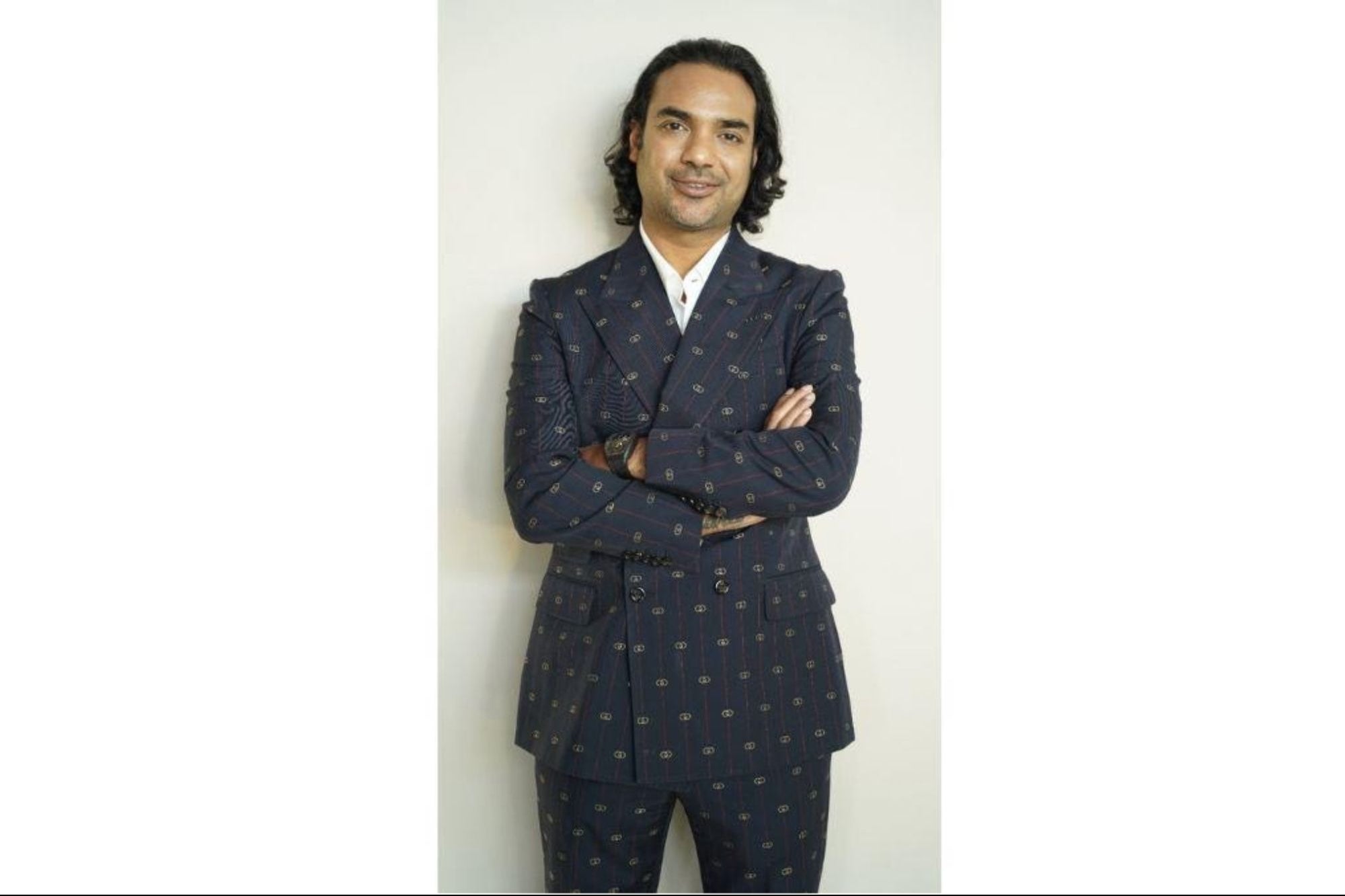World Potato Chips Day: Let's Know How We Stumbled Upon Our Favorite Snack! Did you know that the word 'potato' comes from the Spanish word "Patata"?
By Amit Kumat
Opinions expressed by Entrepreneur contributors are their own.
You're reading Entrepreneur India, an international franchise of Entrepreneur Media.

One cannot complete the word couch without thinking of potato. And the same holds true, even more so, for everyone when thinking of the perfect snack. Snacking is an unadulterated pleasure. Potato chips are an all-time classic to fill every household, every work-place and every event.
Let's face it, potatoes have always been glorious, there's so much one can do with this vegetable, there are fries, there are curly fries, there are nuggets, there's bhujiya, there are pakodas, and then we have the queen of them all: potato chips. The history of potato chips is as crunchy as the snack itself and full of exciting adventures and changes along with various timelines.
Before we begin reminiscing the glorious process of the humble potato's transformation into the crispy potato chips, let's have a look at the vegetable's history. Did you know that the word "potato' comes from the Spanish word "Patata"?
Potato was first grown indigenously in the region of modern-day southern Peru and northwestern Bolivia between 8000 and 5000 BC. Today, the vegetable is eaten all over the world and is a part of countless cultural delicacies such as mashed potatoes, fish and chips, French fries, poutine and Gnocchi. However, up until the 1600 AD most continents were isolated for the most part and the majority of the continents did not know of this delightful vegetable.
But the introduction of this new exotic vegetable changed everything. The introduction of the potato was responsible for a quarter of the growth in the Old World population and urbanization between 1700 AD and 1900 AD. An extraordinarily important observation, revealing the magnitude of the role played by potato in the globalization movement.
As Europe began to understand the many merits of potato, they increasingly began to experiment with the vegetable to create terrific recipes. The earliest known recipe for something like today's potato chips is in William Kitchiner's book The Cook's Oracle published in 1817. The recipe was so popular that it turned out to become a best-seller.
Some other recipes that come close to the modern version of potato chips are 1822 edition's recipe for "Potatoes fried in Slices or Shavings". An 1825 British book about French cookery also mentioned them, wherein they were termed "Pommes de Terre frites" (second recipe).
Legend has it that a cook named George Crum came up with the impromptu recipe at Moon's Lake House while trying to appease an unhappy customer on 24 August 1853. It is said that his customer kept sending back his French-fried potatoes, complaining that they were too thick and not salted enough. It said that in exasperation, Crum sliced several potatoes extremely thin, fried them to a crisp, and seasoned them with extra salt. To his surprise, the customer loved them. And thus, potato chips, as we know it today was born.
Through the 1900s, the potato was widely known in the market as an affordable treat. During the World Wars, meat was an unviable option. This made potato chips the cheapest, most viable option for the common people. However, as the United States entered World War II, potato chips were declared a "nonessential food". However, following nationwide protests, this was scrapped, and the rest is history. Potato chips sold better during and after the war than they ever had before, making it the most popular snack of the era.
Today, Potato Chips are sold in a variety of flavors. Every country has its own trademark flavors'. In Japan, one can find Wasabi flavored chips, while the USA is famous for its barbeque flavors. In India itself, we have great assortment condiments and spices with rich flavors termed as "Masala'. It is now no secret that its history is just like a never-ending bag of potato chips, that gets spicier as one reaches the end. It is a lovely assortment of fascinating facts that make for a delicious, lip-smacking tale.











